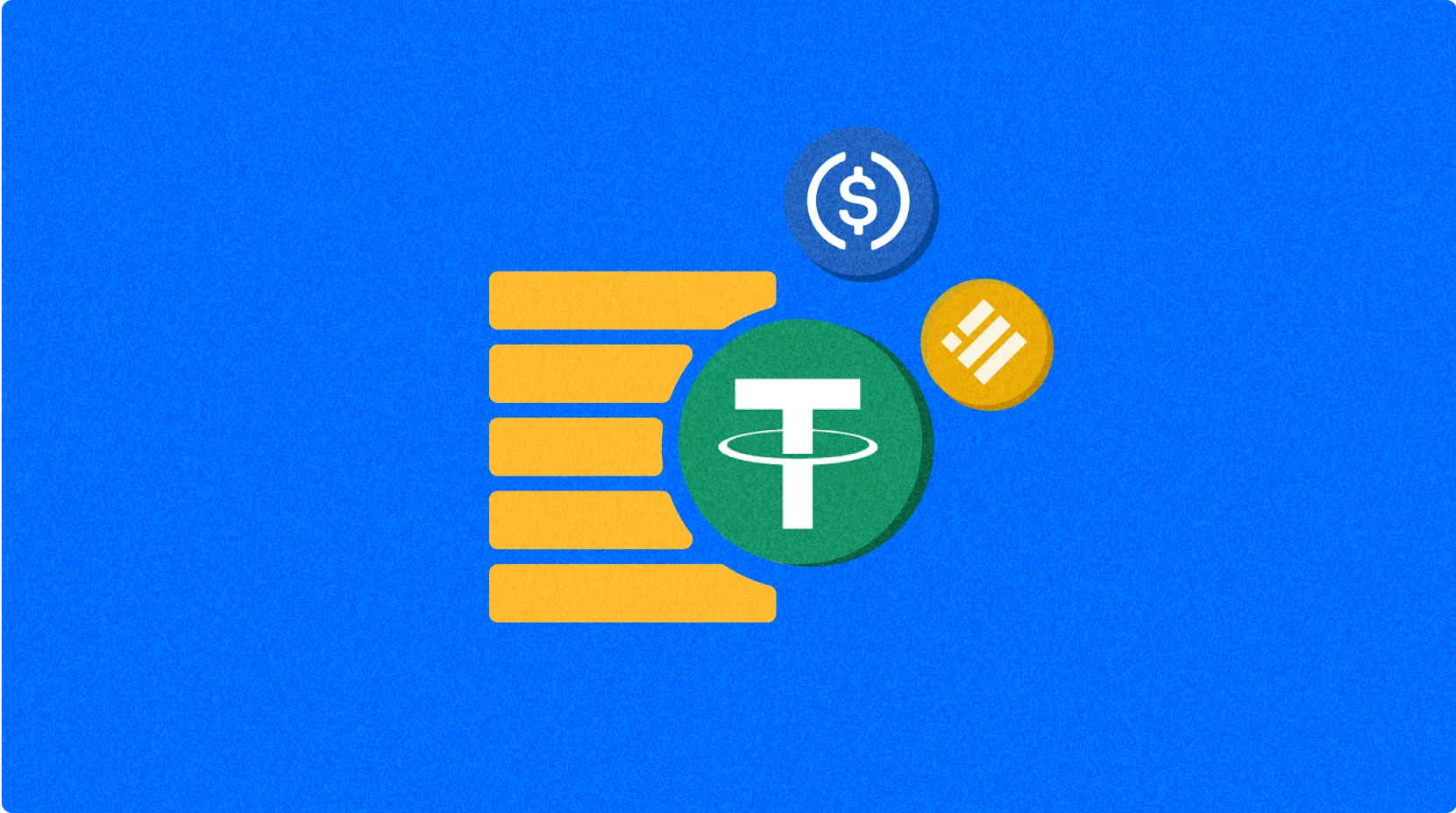Hızlı, Güvenli ve Şeffaf Ticaret İçin En İyi ETH DEX Platformları


Ethereum DEX'lerinin Gücünü Ortaya Çıkarmak: Hızlı, Güvenli ve Şeffaf Ticaret
Ethereum merkeziyetsiz borsaları, kripto para ticaretinde devrim yaratarak, eşsiz hız, güvenlik ve şeffaflık sunmaktadır. DeFi ekosistemi gelişmeye devam ettikçe, bu platformlar işlemlerinde özerklik ve verimlilik arayan tüccarlar için tercih edilen seçenek haline gelmiştir. En iyi ETHDEX platformları, kullanıcıların varlıkları üzerinde doğrudan kontrol sağlaması ve aracılara olan ihtiyacı ortadan kaldırmasıyla geleneksel merkezi borsa alternatifleri olarak güçlü bir şekilde ortaya çıkmıştır.
Güvenli DEX ticaretinin en önemli avantajlarından biri, kullanıcıların doğrudan işlemleri gerçekleştirebilme yeteneğidir.cüzdanlar, merkezi platformlarla ilişkili hack ve hırsızlık riskini önemli ölçüde azaltmaktadır. Bu geliştirilmiş güvenlik modeli, varlık korumasını önceliklendiren artan sayıda tüccarı çekmiştir. Ayrıca, Ethereum’un blockchain’inde inşa edilmiş şeffaf kripto para borsaları, ticaret faaliyetlerine eşsiz bir görünürlük sunarak güveni artırmakta ve kullanıcıların gerçek zamanlı piyasa verilerine dayanarak bilinçli kararlar almasını sağlamaktadır.
Hızlı Ethereum ticaret platformları, kripto alanındaki temel endişelerden birine yanıt vermiştir: işlem hızı. Katman-2 ölçekleme çözümleri ve optimize edilmiş akıllı sözleşmeler gibi ileri teknolojilerden yararlanarak, bu platformlar artık ticaret işlemlerini merkezi borsalarınkiyle karşılaştırılabilecek ve bazen aşan hızlarda işleyebilmektedir. İşlem hacmindeki bu iyileşme, özellikle yüksek frekanslı traderlar ve dalgalı kripto pazarında zaman açısından hassas fırsatlar arayanlar için bir dönüm noktası olmuştur.
En iyi merkeziyetsiz borsa için ETHbüyük ticaret hacimlerini düşük ücretler ve minimum kayma ile yönetme yeteneklerini sürekli olarak kanıtlamışlardır. Önde gelen platformların karşılaştırmalı analizi aşağıdaki performans metriklerini ortaya koymaktadır:
| DEX Platformu | Günlük İşlem Hacmi | Ortalama İşlem Hızı | Kullanıcı Tabanı |
|---|---|---|---|
| Uniswap | $1.2 milyar | 15 saniye | 3.5 milyon |
| SushiSwap | $800 milyon | 18 saniye | 2.8 milyon |
| 1inch | $600 milyon | 12 saniye | 2.2 milyon |
| Curve | $500 milyon | 20 saniye | 1.9 milyon |
Bu rakamlar, Ethereum tabanlı DEX'lerin önemli benimsenmesini ve verimliliğini vurgulamakta, geleneksel ticaret yerleriyle rekabet etme ve genellikle onları geride bırakma yeteneklerini sergilemektedir.
Ethereum DEX alanındaki yenilikler, yalnızca ticaret işlevleriyle sınırlı değildir. Birçok platform artık getiri çiftçiliği, likidite sağlama teşvikleri ve yönetim token dağıtımları gibi ileri düzey özellikler sunmaktadır. Bu ek avantajlar, kullanıcıların yalnızca ticaret yapmakla kalmayıp aynı zamanda platformun gelişimine katılabileceği ve çeşitli DeFi mekanizmaları aracılığıyla pasif gelir elde edebileceği sağlam bir ekosistem oluşturmuştur.
Etkileşim, Ethereum merkeziyetsiz borsalarının başarısında kritik bir faktör haline geldi. Diğer blockchain ağları ve DeFi protokolleri ile sorunsuz bir şekilde etkileşim kurabilme yeteneği, bu platformların kullanımını genişletti ve kullanıcılara daha geniş bir varlık ve finansal araç yelpazesine erişim sağladı. Bu çapraz zincir işlevselliği, farklı ekosistemler arasında arbitraj fırsatlarından yararlanmak isteyen tüccarlar için özellikle faydalı olmuştur.
DEX'ler etrafındaki düzenleyici ortam yoğun bir tartışma konusudur. Bu platformların merkeziyetsiz doğası, geleneksel düzenleyici çerçeveler için zorluklar oluştursa da, birçok proje proaktif bir şekilde öz düzenleyici önlemler uygulamıştır. Bu önlemler arasında belirli ticaret çiftleri için geliştirilmiş KYC/AML prosedürleri ve şüpheli faaliyetleri izlemek için blockchain analiz firmalarıyla işbirliği yer almaktadır. Bu proaktif yaklaşım, güvenilirlik oluşturmaya yardımcı olmuş ve DEX platformlarının daha geniş kurumsal benimsenmesine zemin hazırlamıştır.
Bir olarakEthereumekosistem olgunlaşmaya devam ettikçe, merkeziyetsiz borsaların finansın geleceğini şekillendirmedeki rolü giderek daha belirgin hale geliyor. Katman-2 ölçekleme çözümlerinin entegrasyonu ve Ethereum 2.0'a beklenen geçiş, bu platformların performansını ve maliyet etkinliğini daha da artırma vaadinde bulunuyor. Bu devam eden gelişmenin, sektör analistlerinin önümüzdeki beş yıl içinde DEX sektörünün yıllık bileşik büyüme oranını %30 olarak öngördüğü daha büyük bir benimsemeyi teşvik etmesi bekleniyor.
Sonuç olarak, Ethereum merkeziyetsiz borsaları, DeFi devriminin temel taşları haline gelmiş olup, geleneksel finansal sistemlere cazip bir alternatif sunmaktadır. Hızlı, güvenli ve şeffaf ticaret deneyimleri sağlama yetenekleri, bireysel yatırımcılardan kurumsal yatırımcılara kadar artan bir kullanıcı kitlesiyle yankı bulmuştur. Bu platformlar yenilik yapmaya ve kullanıcı ihtiyaçlarına uyum sağlamaya devam ettikçe, dijital varlık ticareti ve merkeziyetsiz finansın geleceğinde önemli bir rol oynamaya iyi bir konumda bulunmaktadır.

LF nedir: Dijital metinlerde Line Feed kavramını ve bilgi işlemdeki önemini anlamak

Önde Gelen Merkeziyetsiz Alım Satım Platformları

Wrapped Ethereum’ı Anlamak: Avantajları ve Kullanım Alanları

Merkeziyetsiz borsa platformlarının işleyişini kavramak: Uniswap üzerine detaylı bir inceleme

Merkeziyetsiz borsaların işleyiş mekanizmasının anlaşılması

2023’ün Önde Gelen Merkeziyetsiz Kripto Platformları

Dropee Günlük Kombinasyonu 11 Aralık 2025

Tomarket Günlük Kombinasyonu 11 Aralık 2025

Merkeziyetsiz Finans'ta Geçici Kayıp Nedir?

Kripto Parada Çifte Harcama: Önleme Stratejileri

Kripto Ticaretinde Wyckoff Yönteminin Anlaşılması





